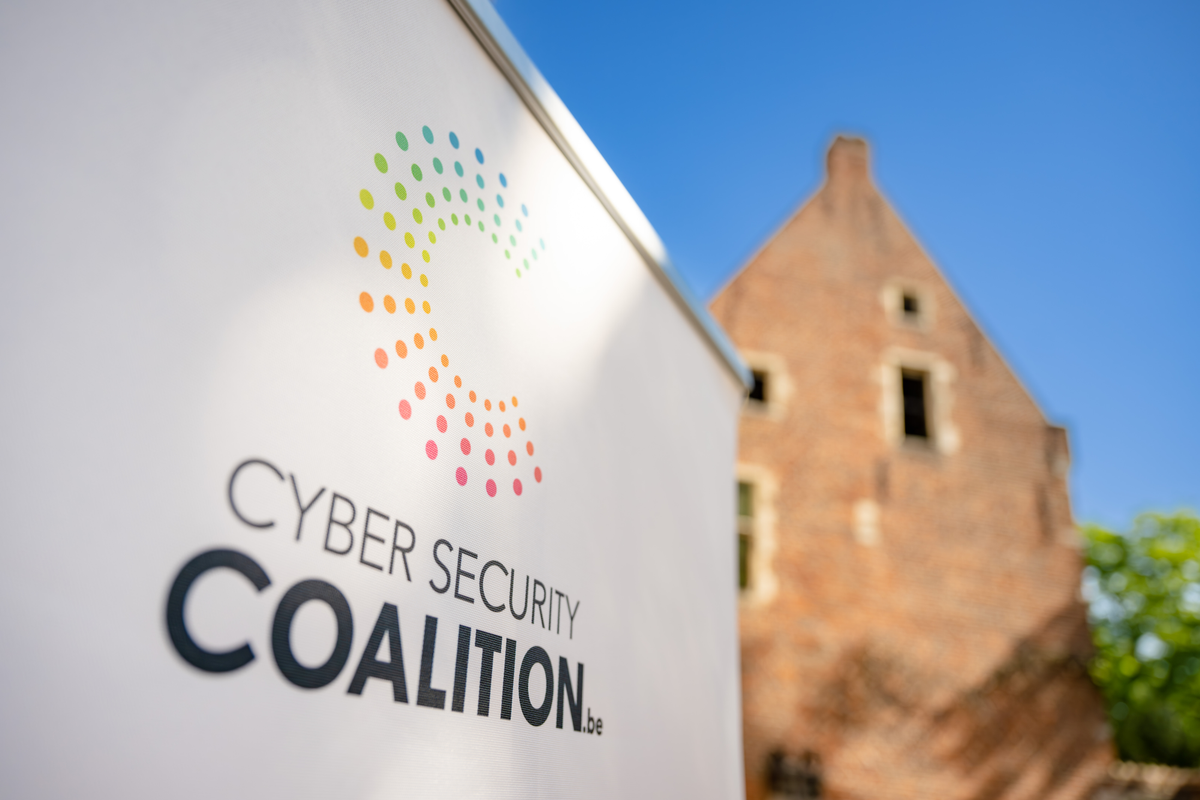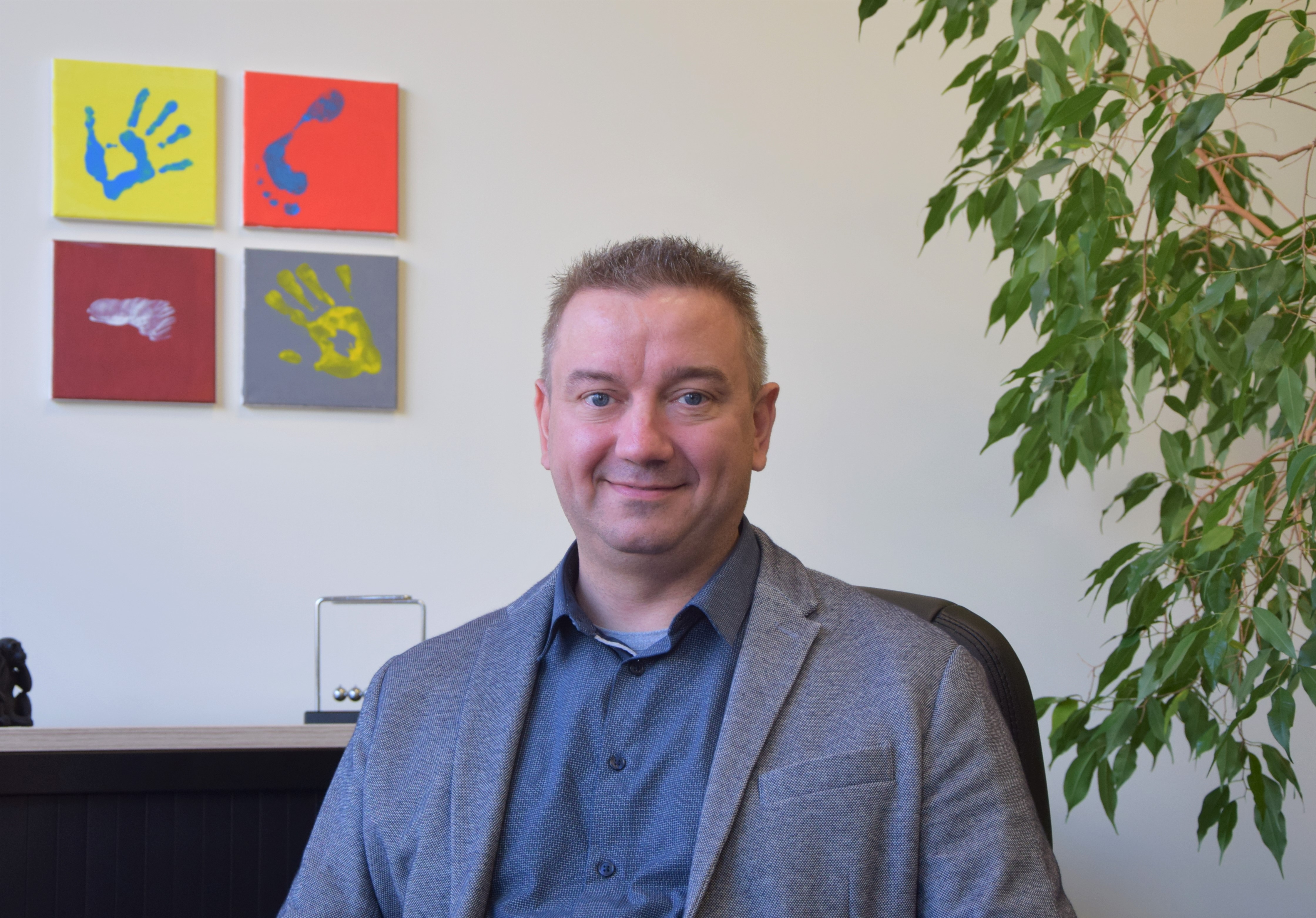"In 2017, we were the first University college in Wallonia to launch a fully-fledged cybersecurity course," opens Fabian Restiaux, Director of Engineering Sciences and Technology at Hénallux (Haute École Namur-Liège-Luxembourg). "At the time, we responded to an existing demand in society for training, which was palpable in the media and politics. This was also evident in the field. In the first year, for instance, we immediately had 185 enrolments for the bachelor's degree in cybersecurity."
Responding to trends and screenings
That trend continued in subsequent years. "Over the past few years, around a hundred students have graduated with us each year. Due to the high demand on the labour market, almost all of these profiles also find work in the sector," says Fabian Restiaux, who at the same time also clearly emphasises that the programme is subject to constant evolution. "We try as much as possible to work on cross-fertilisation between cybersecurity, robotics and AI. Three courses that are inextricably linked in terms of content."
Furthermore, the results of screenings and analyses of its own operation are also taken into account as much as possible. Since this year, for example, Hénallux has installed a new structure for first-year students. "From now on, all students within the field of computer science receive the same curriculum for the first four months and only after that have to choose which specialisation they want to continue in," explains Restiaux. "After all, we want students to choose a particular specialisation more consciously. Cybersecurity is obviously one of them.
This reality of rapid change can obviously only be realised in practice thanks to a well-informed and committed group of instructors. "We have to admit that in reality, keeping them on board is not always easy. After all, they are very desirable profiles on the labour market and therefore often receive very interesting offers from private players," it sounds.
Network and knowledge sharing
Additionally, educational facilities themselves need to be extra alert to cyber risks. "Due to the fact that we train students to deal with all kinds of attacks, in reality many of these systems are also set up within our own environment. Therefore, we ourselves must always be extra vigilant and develop an architecture capable of dealing with this increased risk. Being able to rely on membership of the Cyber Security Coalition and the knowledge sharing it provides is a big advantage in this respect," Restiaux explains.
This also immediately accounts for why Hénallux puts a lot of time and energy into strengthening its own network. "For example, we have established a partnership with Sweden, which allows us to offer our cybersecurity students an exchange programme. Talks are also ongoing with institutions in Finland and Malta. In parallel, we are also major advocates of European initiatives set up to achieve a more widely supported standardisation of cybersecurity courses," Restiaux clarifies.
This, he says, is also a key concern for 2024. "The number of cyber training courses has boomed in recent years. For example, a lot of technology players today also offer their own training programmes. This makes it increasingly difficult for interested parties to find their way around. That is why a clearer system of benchmarking is needed. Certification from Europe is probably the most appropriate way of doing this," concludes Restiaux.

2023: ACTIVITY REPORT OF THE CYBER SECURITY COALITION

